The climate crisis has become one of the most important challenges facing the world in the 21st century. It is not just an environmental crisis, but its repercussions extend to economic, social and political aspects. With increasing geopolitical tensions due to the scarcity of natural resources and increasing climate disasters, the need for effective diplomacy to deal with this crisis has become more urgent than ever. In this context, the media plays a vital role in building bridges of communication between governments and societies to promote climate diplomacy (Tarek 2020). In Egypt, which faces significant environmental challenges due to its geographical location and dependence on the Nile waters, the media can be a strategic tool not only to raise awareness but also to promote regional and international cooperation.
In the face of increasing climate challenges, regional and international cooperation has become an indispensable necessity. The media plays a prominent role in promoting this cooperation by highlighting shared success stories and collaborative projects (Sara 2023). For example, the media can support dialogue on sensitive issues such as water management in the Nile Basin by highlighting the importance of solidarity rather than focusing on political tensions. Moreover, the media can push for regional initiatives to produce renewable energy, such as establishing joint electricity grids based on solar or wind energy. Covering these initiatives positively helps to build trust between neighboring countries and shows the world that climate cooperation is possible and achievable (Lara 2019).
With the digital revolution, digital media, especially social media, have a strategic role in promoting climate diplomacy. These platforms provide flexible and fast tools to disseminate information and engage with global audiences. In Egypt, social media can be used to launch awareness campaigns targeting young people in particular, as they are the group most affected by future climate crises. For example, the government and environmental organizations can launch initiatives such as “Sustainable Egypt” that encourage citizens to adopt environmentally friendly practices through platforms such as Facebook and Instagram. These initiatives can be accompanied by messages in English to attract international attention, thus enhancing Egypt’s position on the international stage as a promoter of climate diplomacy (Mostafa et al., 2017).
Trust between governments and the public is essential for the success of any climate policy. The media plays a vital role in building this trust by providing objective and transparent coverage of government efforts to address climate change. The media can communicate to citizens the details of national policies and plans, such as investing in renewable energy or developing climate-resilient infrastructure. For example, the media can show how countries are working to achieve their commitments to reduce carbon emissions, encouraging citizens to support and participate in these efforts. At the same time, the media can act as a mechanism to hold governments accountable if they fail to achieve these goals, thus enhancing transparency and accountability (Ahmed et al., 2021).
Despite the great potential of the media to support climate diplomacy, it faces many challenges, especially in Egypt and developing countries. The most prominent of these challenges is the lack of funding needed to prepare accurate and in-depth reports on climate issues. There is also a lack of specialized training for journalists to cover scientific issues in a simplified and effective manner. Another challenge is the polarization of the media due to political and economic interests, which sometimes leads to the politicization of climate issues instead of presenting them as a global crisis that requires cooperation.
Specific Actions Policymakers Can Take (Solutions)
Policymakers can take several specific actions to support better climate change journalism, fostering an informed public and facilitating effective climate action. One critical approach is to enhance media capacity through training programs and workshops specifically focused on climate issues. By providing specialized courses in journalism schools and offering fellowships for journalists, policymakers can equip reporters with the necessary skills and knowledge to cover climate topics accurately. Additionally, creating opportunities for field reporting—such as enabling journalists to attend international climate meetings or report from rural areas—ensures they have firsthand experience and access to critical information.
Improving access to information is another vital strategy. Policymakers can facilitate timely data sharing by providing journalists with relevant, up-to-date policy information, including climate data, government reports, and scientific research findings. Engaging media representatives in policy discussions and planning processes will help them understand the intricacies of climate policies, enabling them to communicate these effectively to the public. Regular briefings for journalists on key policy developments and employing trained press officers who can provide clear and concise information about climate initiatives will further strengthen communication strategies.
Engaging marginalized communities is essential for inclusive climate journalism. Policymakers should develop training materials in local languages to ensure accessibility for journalists in diverse regions, allowing them to cover local climate issues effectively. Establishing community feedback mechanisms—such as community radio or public forums—will enable policymakers to hear from marginalized voices, ensuring their concerns are represented in media coverage.
Promoting collaborative networks among journalists can also enhance the quality of climate reporting. Encouraging the formation of national networks of environment journalists fosters collaboration, resource sharing, and improved reporting standards. Partnerships with non-governmental organizations focused on environmental issues can further enhance media coverage and public engagement on climate topics.
Finally, fostering public engagement through media literacy campaigns can improve public understanding of climate change by promoting accurate media reporting. Highlighting success stories related to climate initiatives can inspire action and encourage greater public involvement. By implementing these comprehensive actions, policymakers can significantly enhance the quality of climate change journalism, leading to better-informed citizens and more effective climate policies.
Ultimately, we can say that media have a vital tool for promoting climate diplomacy by raising awareness, supporting international cooperation, and building trust between governments and people. In Egypt, media can play a leading role in positioning the country as a leader in climate action. To achieve this, the country needs comprehensive media strategies that leverage both traditional and digital media.


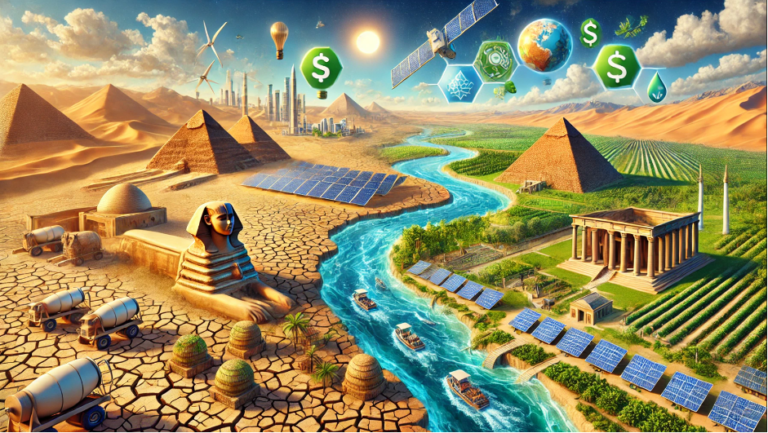
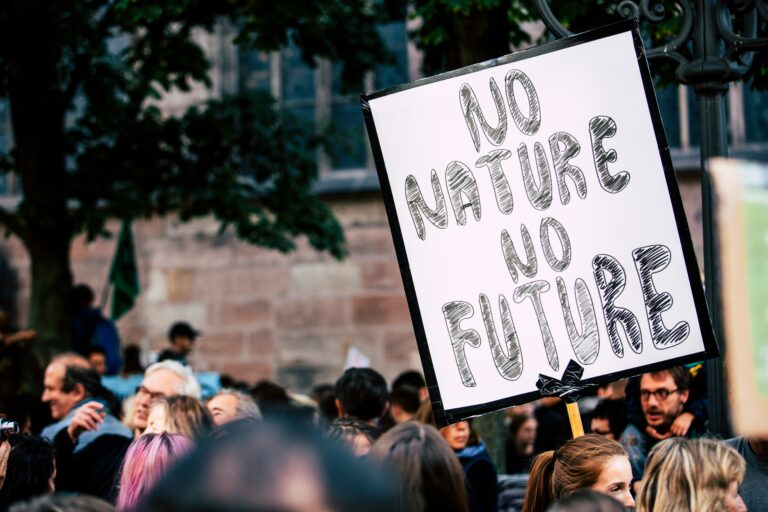
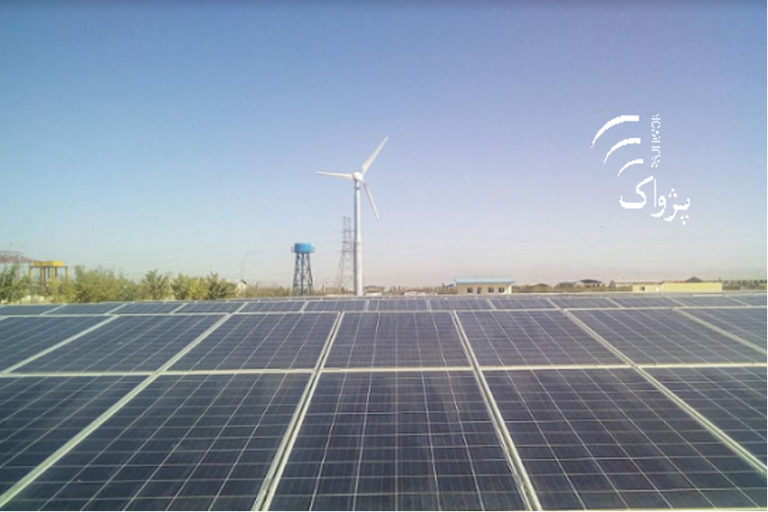
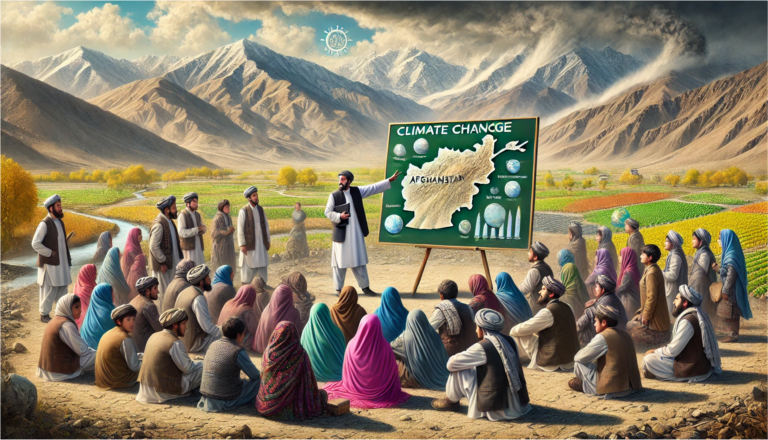
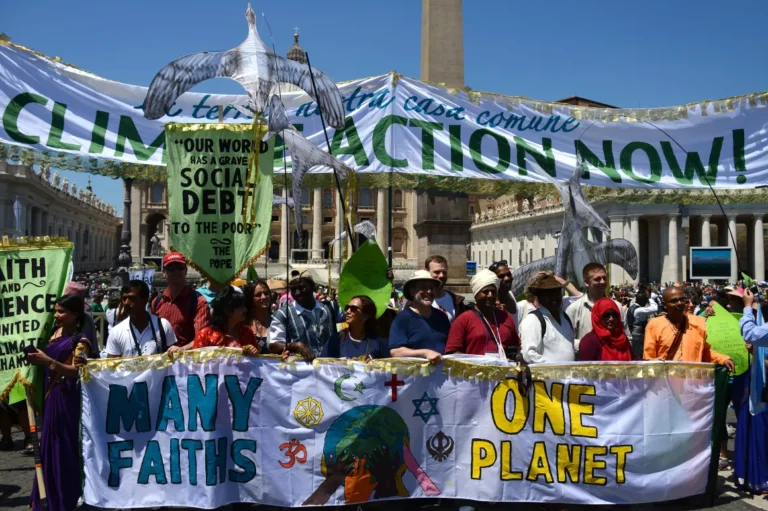
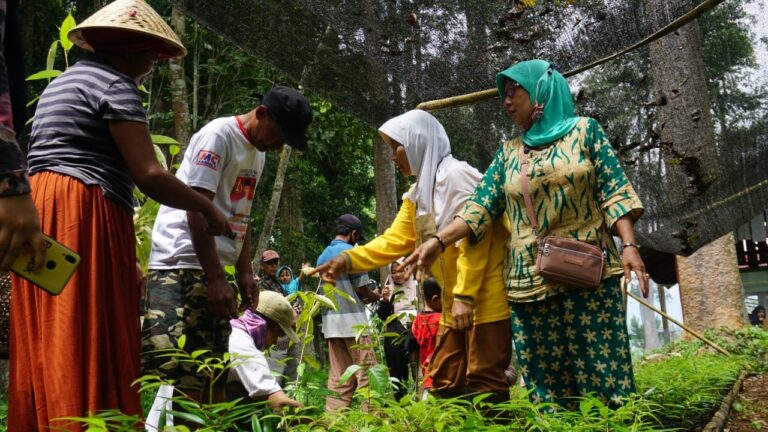
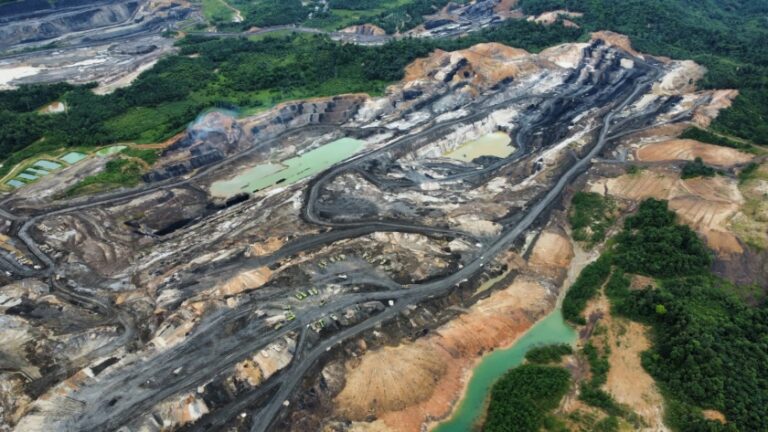
+ There are no comments
Add yours